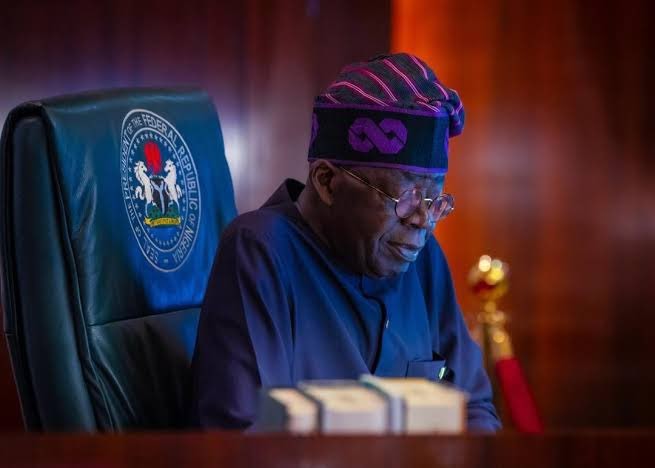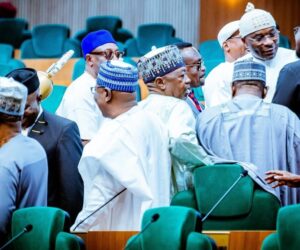President Bola Tinubu has assented to the Nigerian Police Force Training Institutions Establishment Bill 2025, marking a significant step toward modernizing and professionalizing Nigeria’s law enforcement training framework.
Senate President Godswill Akpabio announced the signing during Tuesday’s plenary session, confirming that the President has granted assent and affixed the seal of the Federal Republic of Nigeria.
The new law establishes dedicated Police Training Institutes across various zones designated by the National Assembly, addressing longstanding gaps in specialized, localized training for police officers.
This amendment builds on existing institutions like the Nigeria Police Academy in Wudil, Kano, which was upgraded to a degree-awarding university in 2012, but extends formal structures to enhance mid-level manpower development for the Inspectorate and Assistant Superintendent of Police (ASP) cadres.
Akpabio highlighted the bill’s role in the government’s Renewed Hope Agenda, stating it underscores a “renewed commitment to professionalising law enforcement and strengthening internal security architecture.”
The institutes will focus on capacity-building in areas such as crime prevention, community policing, and technology-driven tactics, aligning with Tinubu’s broader vision for a “well-trained, tech-driven, modern police force” as reiterated in recent National Police Day celebrations.
The assent follows the bill’s passage through both chambers of the National Assembly earlier this year, sponsored amid calls for police reform to combat rising insecurity, including banditry, insurgency, and kidnapping.
President Tinubu, represented by Vice President Kashim Shettima at the April 2025 Police Week events, emphasized investments in training as key to overhauling the force’s “institutional mentality and memory,” transforming it into a more accountable and effective entity.
Security experts and stakeholders have welcomed the development. The Inspector-General of Police, Kayode Egbetokun, praised the move as a “game-changer” for equipping officers with skills to meet evolving threats, while civil society groups like the CLEEN Foundation noted it could improve human rights compliance and public trust in the police.
However, implementation challenges, such as funding and infrastructure remain, with the 2025 budget allocating resources for security sector enhancements amid Nigeria’s fiscal constraints.
This signing is part of Tinubu’s flurry of assents this year, including tax reforms and new federal universities, signaling a push for institutional reforms to drive national development.
As the institutes roll out, they are expected to produce thousands of better-prepared officers annually, contributing to safer communities across Africa’s most populous nation.
Click to signup for FREE news updates, latest information and hottest gists everyday
Advertise on NigerianEye.com to reach thousands of our daily users









